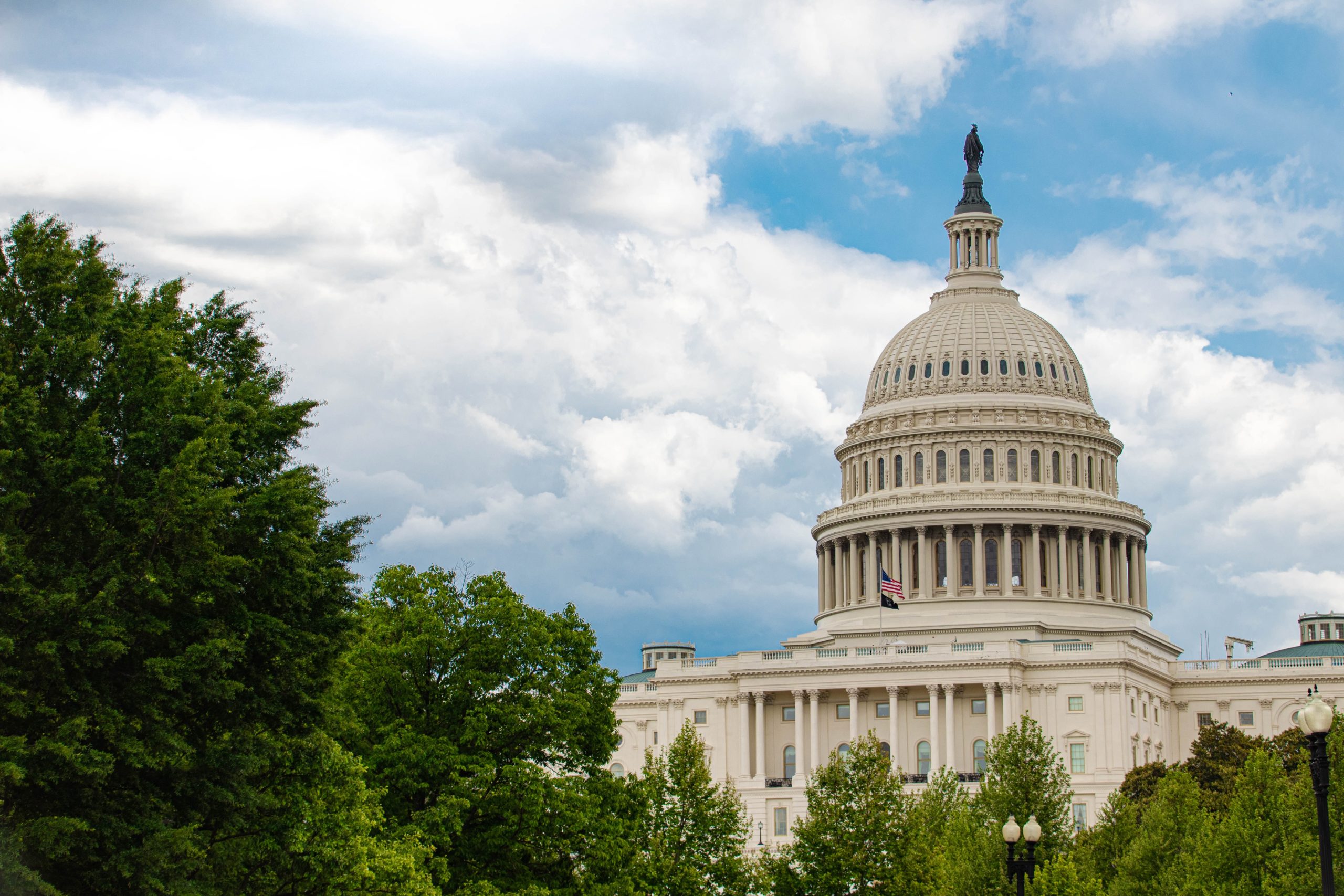
Congress Contemplates Reform of Mandatory Minimum Sentencing
We have previously discussed why lengthy incarceration terms for low-level offenders do not generally benefit either public safety or the pocketbooks of the nation’s taxpayers. Especially for first-time offenders of low-level and non-violent crimes, lengthy terms of incarceration can do individuals, families and society as a whole far more ill than good.
Thankfully, Congress is taking proper notice of the effects that mandatory minimum prison sentences are having on individuals, on taxpayers, on the families of those who have been incarcerated and on society. Earlier this month, the Senate Judiciary Committee held hearings on the cost of mandatory minimum sentences and the question of whether these sentences are ultimately just or unjust. A rare coalition of liberal Democrats and Tea Party members pushed for the hearings and are ultimately aiming to overhaul mandatory minimum sentencing guidelines overall.
The committee is currently considering two separate pieces of proposed legislation that have each been sponsored by both liberal Democrats and members of the Tea Party. Each would grant judges more authority to waive mandatory minimum sentences for certain kinds of offenders. Low-level drug offenders would be among those eligible for a waiver in certain circumstances.
Although the Justice Department has made significant efforts to reduce prosecuting low-level offenders with crimes that specifically carry mandatory minimum imprisonment sentences, Congress has yet to solidify this approach through reform of related laws. The hearings held earlier this month represent a willingness among Congressional leaders to study the issue. Hopefully the bills will receive significant support and will be passed before the end of the legislative session.
Source: Huffington Post, “Congress Looks To Relax Mandatory Prison Terms,” Henry C. Jackson, Sep. 17, 2013



